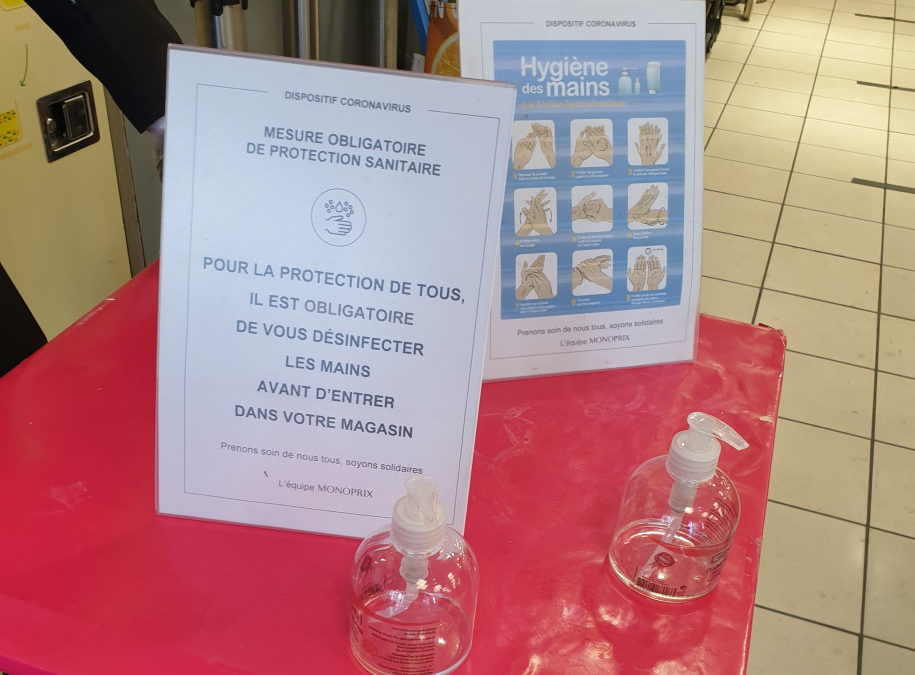By Anne Swardson
More than 160,000 police officers will be deployed across France this weekend. They have a special mission: To keep French people from going on vacation.
Vacation seems an odd concept now in a country where, to fight coronavirus, schools are closed, people must stay home from work and no one is allowed to leave home except under special circumstances. But the four holiday vacation periods during the school year are a sacred time here, and spring break was scheduled to start yesterday.
Some people apparently hoped they could leave anyway, taking their lockdown on the road for a couple of weeks. It’s understandable, since most have been cooped in their apartments for 18 days, supervising their children’s online studies and trying to work.
“Non,” responded Interior Minister Christophe Castaner when asked if vacation was allowed. Speaking in a video Q&A on Twitter yesterday, he said. “The lockdown means you must renounce your vacation. Leaving on vacation puts you, your family and those you are visiting at risk.”
Police are turning back and fining people at train stations and rest stops across the country. My favorite newspaper, Le Parisien, reported today that a service worker at one rest stop had been seeing cars loaded with suitcases go by for the past three days. “Vacation Under Surveillance” was the headline.
The seemingly Draconian measures actually make sense, for two reasons. One, there is a long way to go. While the number of new COVID-19 cases has held mostly steady for a while, it took an enormous jump yesterday, to 23,060. This may be in part the result of more extensive testing, but it’s certainly not good. More than 6,500 people have died from the disease in France so far.
Two, French people are used to be being told what to do, whether they obey or not. Examples of that approach abound. In Italy, the hashtag for the lockdown is #iorestoacasa – I stay at home. In France, it’s #restezchezvous – YOU stay at home.
Pharmacies tell people how far apart to stand, carefully diagrammed.

The Monoprix grocery store tells customers it is “obligatory” to use hand sanitizer when they enter.

My husband would take a break from his walks in an outdoor plaza that had so many entrances and exits, open to so many streets, that, he said, the authorities couldn’t possibly close it. As of today, they had.
This authoritarian tendency goes way back. When my kids began elementary school in Paris, we were issued a very long list of supplies that they were required to bring, down to the exact brand and size of scissors. Along with 10 little blotters and so much other stuff my four-year-old son could barely carry the two huge bags. And yes, he had to bring it into school himself, because parents weren’t allowed inside, not even on the first day.
When it comes to the coronavirus, the public has largely complied with the various lockdown measures, with some complications in low-income neighborhoods, as I noted previously. But even if not nearly as many people are fleeing to vacation destinations as they have in previous years, they are angering the locals, as in the U.S.
Le Parisien reported that in some tourist destinations, officials have forbidden vacation rentals. Groceries and medicines are already in short supply, they say. Police are operating checkpoints at such tourist spots as Oléron and only admitting residents. They are just one contingent of a national law-enforcement effort that may determine how deeply the virus will touch their country.

Trackbacks/Pingbacks